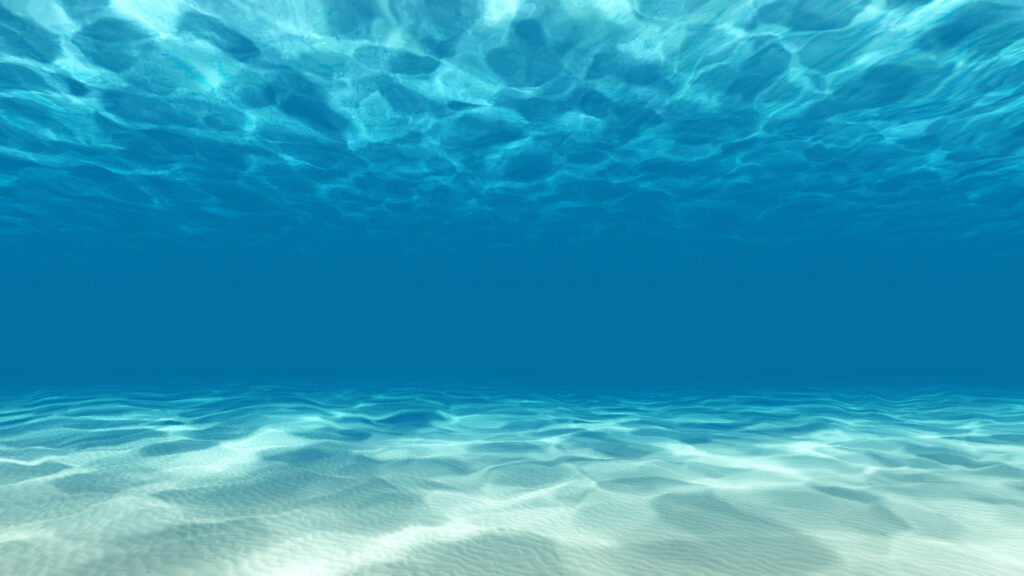Tilio: "Who owns the sea?"
No one! The sea cannot be appropriated. No one can claim ownership of it... not even the coastal state, i.e., the state bordering that sea. The seas are part of what are known as "common goods"; they are for everyone to use, and no one can appropriate them.
Nelly Sudres, University of Montpellier

However, the seabed and subsoil of the "territorial sea" belong to the State, to its "public domain," as they constitute the natural extension of the national territory, its submerged extension. This public maritime domain extends, on the landward side, to the seashore. It therefore includes beaches. It is therefore a misnomer for certain beach restaurants or beach huts to refer to themselves as "private beaches." These beaches are not the property of the restaurant owners, but of the State, which only authorizes them to occupy part of them. On the sea side, state ownership of the seabed extends to the limit of the "territorial sea," i.e., 22 kilometers off the coast, or 12 nautical miles according to the unit of measurement for maritime distances. Thus, the operator of a wind farm in "territorial waters" must obtain authorization from the State to anchor it to the seabed.
In summary, while the body of seawater cannot be owned by anyone, the seabed is owned by the coastal state within the limits of the "territorial sea" and not beyond.
However, property rights are not the only means of "controlling" the sea. In view of the economic, security, and communication issues at stake, states have long sought to extend their territorial jurisdiction at sea and have had to reach agreement among themselves on this point.
Thus, at the international level, conventions aim to define the jurisdiction exercised by coastal states over maritime areas and the rights granted to third parties. The extent of the authority exercised by the coastal state over maritime areas depends on the proximity of the area to its coastline.
Thus, in the waters of the "territorial sea," the nearest maritime area, the state exercises its sovereignty in the same way as it does on its land territory, meaning that it has exclusive jurisdiction over matters such as fishing, policing, and customs. For example, in the context of Brexit, French fishing vessels wishing to fish in British waters must obtain fishing licenses granted by the United Kingdom.
Further out, in its "exclusive economic zone," which extends up to 200 nautical miles (370 km) from the coast, the state may regulate the exploration and exploitation of natural resources, but it must respect freedom of navigation for all vessels.
Finally, beyond this zone, the "High Seas" constitute an area of freedom that is not under the authority of any State. Its seabed, known as "the Zone," is part of the "common heritage of mankind."
Aware of the role played by the oceans in climate issues, countries are conducting negotiations to ensure the conservation and sustainable use of marine biodiversity in the "high seas," which cover nearly half of the globe's surface. At the end of August 2022, following the fifth session of international negotiations to conclude a treaty on the protection of the "High Seas," states were unable to reach agreement on the issue of marine protected areas or the obligation to carry out environmental impact assessments prior to new resource exploitation activities in the Area.

If you also have a question, ask your parents to send an email to: rf.no1771566471itasr1771566471evnoc1771566471eht@r1771566471oinuj1771566471ct1771566471. We will find a scientist to answer your question.
Nelly Sudres, Senior Lecturer in Public Law, University of Montpellier
This article is republished from The Conversation under a Creative Commons license. Readthe original article.